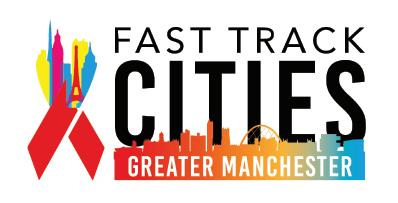Your guide to the Menopause







BHA for Equality engages with people from Black, Brown and Global Majority and LGBTQ+ communities to challenge and address inequalities. Our services and resources aim to support people to improve their health and wellbeing.
Menopause marks the time in your life where you have not had a period for one year. Lots of people experience symptoms before this, which is called perimenopause.
Many people experience symptoms in silence, unsure about what is happening to their bodies, embarrassed to talk to loved ones, and unaware of what support is available.
This comprehensive guide aims to provide you with the necessary information about menopause, empowering you to make informed decisions and access the support you deserve.
This guide is a result of collaboration with people from the communities BHA works with, achieved through multiple focus groups.
This lea et is inclusive of all who experience menopause, including trans men and non-binary individuals. BHA for Equality provides support and information that acknowledges gender-inclusive experiences.
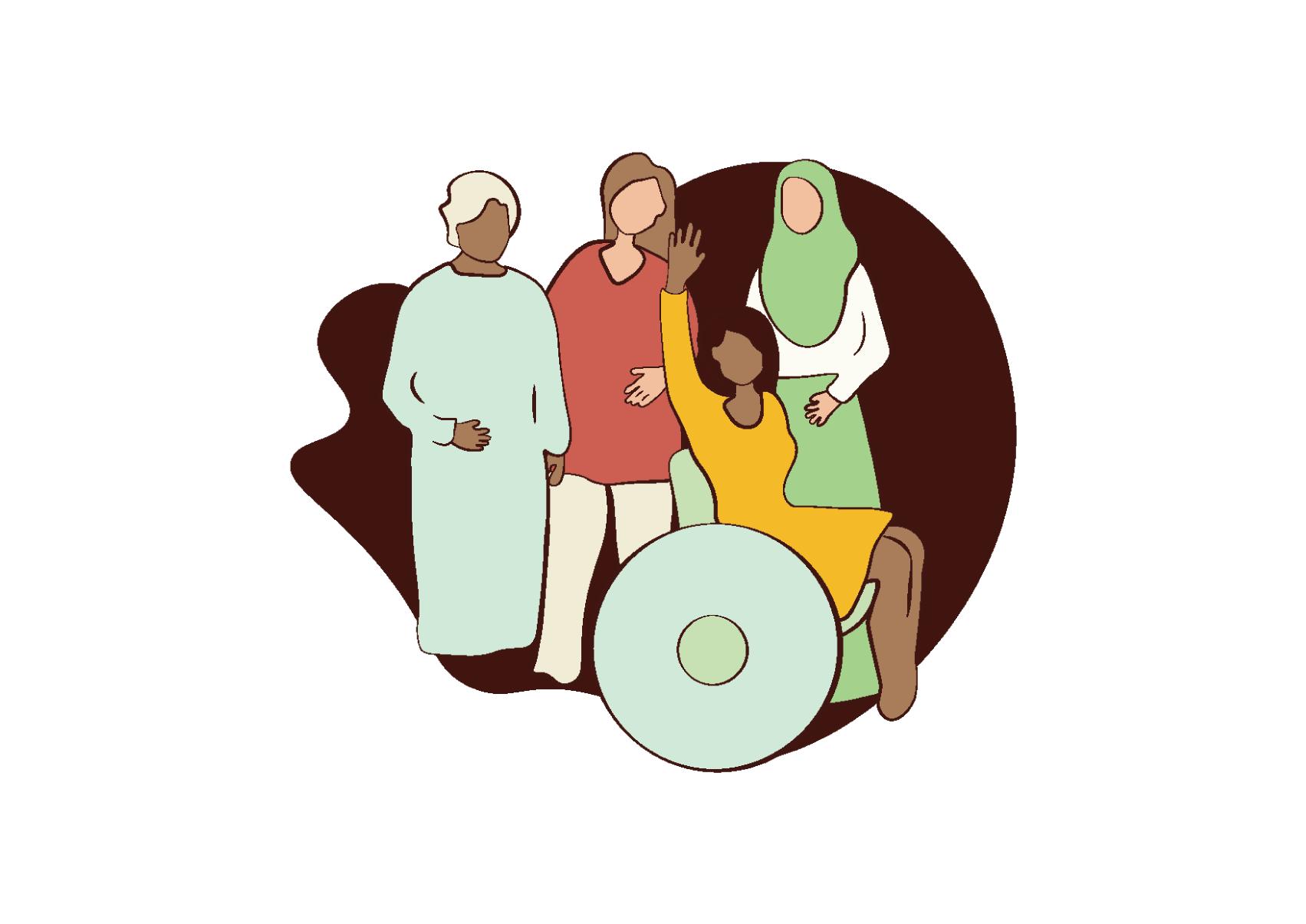

What are the symptoms of menopause? What impact can menopause have on my health and wellbeing? Read more of this section for symptoms, awareness and general information on the menopause.
There are di erent terms to describe the stages of the menopause:
→ Premenopause
The time in your life before any menopausal symptoms occur
→ Perimenopause
The time leading up to your menopause when periods start to change, and you will start to get the most symptoms
→ Menopause
A point in time marking an entire year since you had your nal period
→ Post menopause
All your subsequent years a er your menopause. Some people experience symptoms for many years a er their menopause.

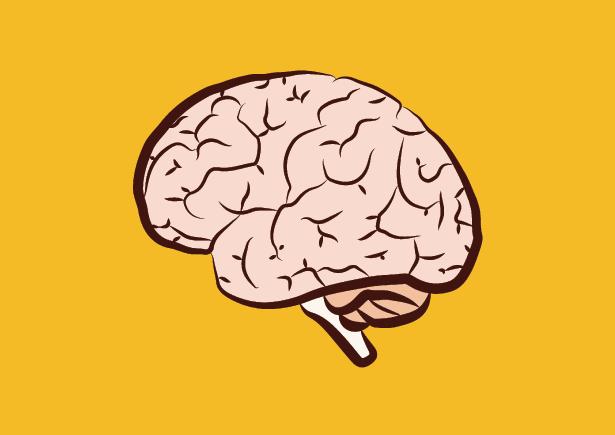
symptoms
• Anxiety
• Changes in mood
• Feeling loss of self
• Di culty sleeping: Insomnia, night sweats –this a ects concentration in the daytime.
• Memory problems and brain fog
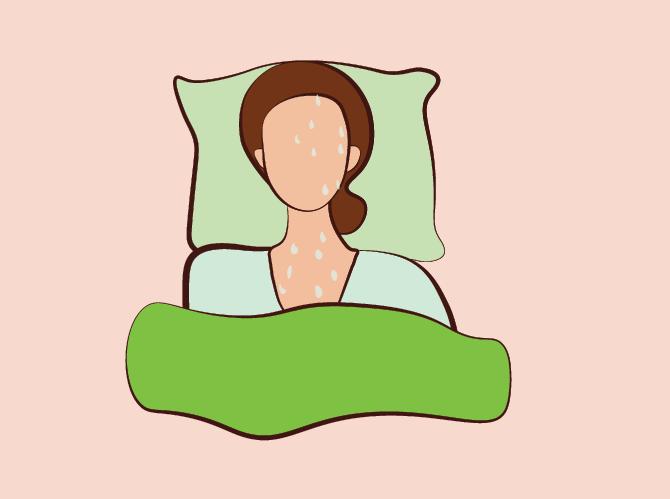
• Hot ushes (¾ people experience this during menopause)
• Night sweats
• Joint pains and muscle aches: Oestrogen is important in providing lubrication for your joints and preventing in ammation, so low levels of this hormone can leave your joints sore and aching
• Cold ushes
• Dry eyes
• Headaches or migraines
• Heartburn
• Dizziness
• Altered sense of smell
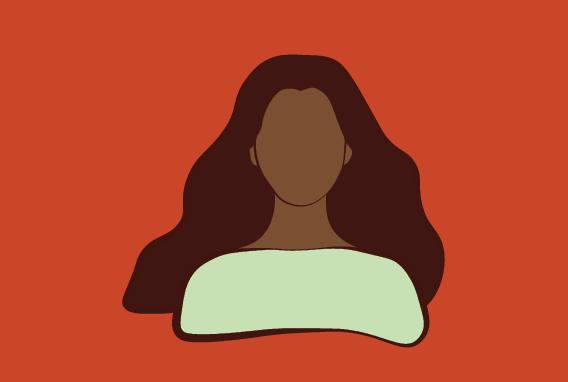
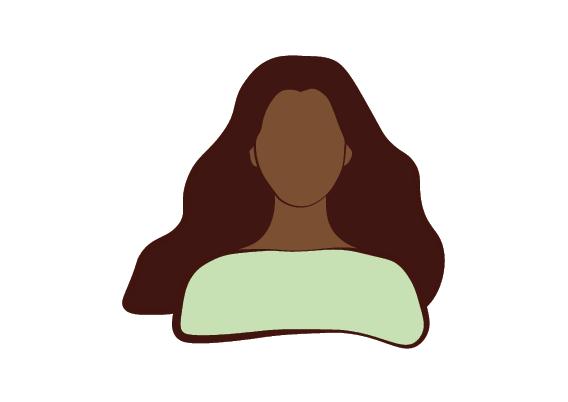

• Changes in skin texture: dryness, oiliness
• Hair and skin changes: Lower levels of oestrogen can cause skin changes such as ne lines, dryness, itching, tingling and numbness

• Changes in period
• Loss of sexual desire
• The acidity of your vagina changes, which can lead to infections such as thrush or frequent UTIs. Low oestrogen also thins the lining of your bladder and urethra which can lead to needing to wee more
• Vulval and vaginal symptoms: low oestrogen can cause the tissues around the vulva and vagina to become thinner, dry, itchy, and in amed
What are hormones?
Hormones are chemicals that carry messages through your body. They a ect di erent functions in your body in your organs, skin, muscles and other tissues. One hormone a ected by menopause is oestrogen. Oestrogen is a hormone that a ects many areas of the body, such as bone strength and hair growth.
Menopause and health risks
Our hormones control much more than just our periods. So, there are some potential health risks associated with going through the menopause.
Osteoporosis
Osteoporosis is thinning of your bones. Osteoporosis is much more common a er the menopause as oestrogen works to keep your bones strong. As oestrogen levels fall, bones can fracture more easily.
Gentle impact strength training and exercise such as yoga can improve bone strength alongside a calcium rich diet.
Cardiovascular disease
Cardiovascular disease means disease of your heart and blood vessels so includes heart attacks and strokes. Your risk of cardiovascular disease increases a er the menopause as oestrogen is important in keeping your blood vessels healthy.
Other diseases
There is an increased risk of osteoarthritis, type 2 diabetes, bowel cancer and dementia a er menopause.1
If you experience symptoms of these conditions you must check with your GP:
→ Osteoarthritis: joint pain, sti ness, swelling
→ Type 2 diabetes: urinating more o en than usual, feeling very thirsty, feeling very tired
→ Bowel cancer: abdominal pain, changes in bowel habits, blood in your poo
→ Dementia: memory problems, increased confusion, reduced concentration
If you notice any of these symptoms, keep a track in a symptom diary. This can help you to communicate with your doctor about symptoms and potential menopause treatment. See page 21 or download an online version with this QR code.

HRT



HRT is hormone replacement therapy, a type of treatment commonly used for menopausal symptoms.
Many menopause symptoms are caused by low oestrogen, so HRT aims to replace oestrogen.


A progesterone is added if you have intact uterus to prevent endometrial cancer.
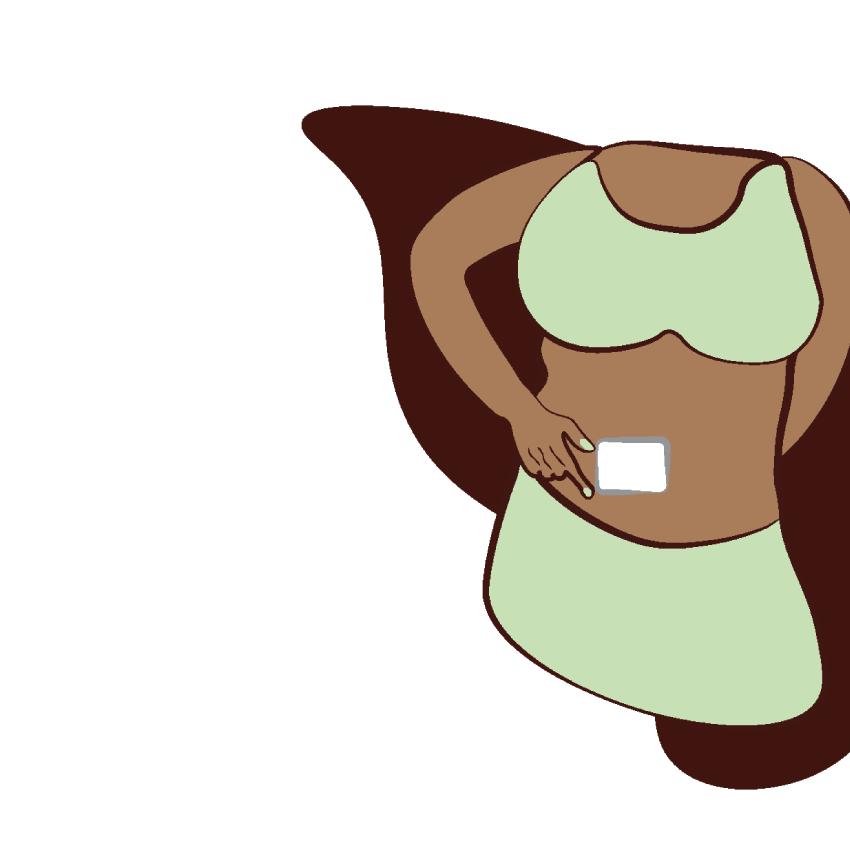

HRT is a very e ective treatment for lots of people and can also help to reduce risks of osteoporosis, heart disease and dementia.
Di erent doses and combinations of HRT can be taken depending on the individual. HRT comes in:
Tablets – Taken once a day
Patches – Stuck to the stomach or thigh and replaced every few days
Gel (Oestrogen only) – Applied to skin once a day. Can take a while to dry
Spray (Oestrogen only) – Used once a day. 1 to 3 sprays onto the inner side of your arm or your inner thigh.
Mirena coil (progesterone only) – Inserted into the womb and lasts for up to 5 years. Can also be used to prevent pregnancy and treat heavy periods
Vaginal oestrogen – Available as a cream, gel, vaginal tablet, pessary or ring that you put inside your vagina. This can help with menopausal symptoms such as vaginal dryness, a burning sensation, or pain during sex.
Most HRT will be prescribed to replace Oestrogen or progesterone, but there is another option of trying testosterone. Testosterone can help improve loss of libido and sexual desire, as well as increasing energy. Testosterone is not currently licensed to treat symptoms of menopause, but a specialist doctor may be able to prescribe it for you.
→ There is a small increased risk of a clot or stroke if you take oestrogen in tablet form. You are more likely to develop a clot or have a stroke if you are obese, a smoker, or have had a clot in the past.
→ However, estrogen taken via a patch, gel or spray does not have an increased risk of clot or stroke and these are usually safe to take, even if someone has a high risk of clot.
→ Small risk of breast/ovarian cancer*
Concerns with HRT
HRT is completely safe for many people.
Cancer risk from HRT is small and depends on many di erent things such as the type of HRT used, how long someone takes it for, their age and general health.3
How much does HRT cost?
You can speak to your doctor about HRT without needing to commit to treatment.
If you are suitable and you both decide it is the best treatment for you, your doctor will prescribe HRT. The standard prescription costs will apply when you go to the pharmacy with your HRT prescription.
You can now buy a hormone replacement therapy (HRT) prescription prepayment certi cate (PPC) which can save you money if you need more than 2 prescribed qualifying HRT items in a year.
You can get your HRT prescription from pharmacies or online. With a HRT PPC, you can use this as many times as needed throughout the year.
You can speak to a doctor about HRT without needing to commit to treatment.

treatments/relief
Vaginal creams and gels
To ease vaginal dryness and discomfort, try using vaginal creams or gels. You can nd these over the counter at your local pharmacy or online.
Cooling eye mask
Night sweats or hot ashes bothering you? A cooling eye mask could be just the thing to help you feel more comfortable.
Re exology
Some people nd that re exology, a therapy where di erent areas of the feet correspond to other parts of the body, can support their journey through perimenopause and menopause. Give it a try and see if it works for you!
Yoga
In addition to other exercises, like the ones listed on page 12, yoga is a fantastic way to move your body and relieve tension during menopause. Give it a go and feel the di erence!
Clonidine
Clonidine is a non-hormonal drug licenced for hot ushes. You can speak to a GP about Clonidine and whether it is suitable for you.
Relief and bone strength
• Creatine may help with bone strength problems by reducing in ammation
• Bone broth contains protein and collagen and can help relieve menopausal symptoms
Holistic treatment
There are a variety of holistic ways to try and alleviate menopause symptoms.
Please note, these are not necessarily proven, and a doctor should always be consulted before trying.

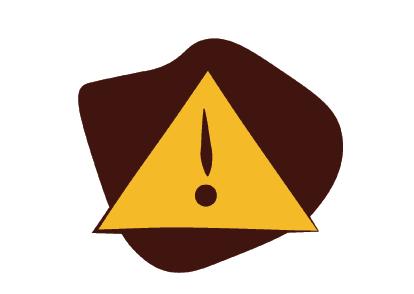
Vitamins & Supplements
Vitamin D3 with K2 can help bone and muscle health and mood.
Multivitamins (A, B12, C, D, K, Zinc) alongside diet changes can help increase brain health, reduce future risk of dementia or Alzheimer's.
Herbal remedies and complementary medicines
Make sure to consult your doctor before as some medicines interact di erently with others.
• Evening primrose oil
• Black cohosh
• Angelica
• Ginseng
• St John’s wort
Herbal remedies such as red clover contain plant hormones that can act in a similar way to oestrogen, while black cohosh is believed to balance oestrogen and progesterone levels. These may help with some menopause symptoms, but this is not supported by scienti c evidence.
Some of these remedies, especially St John’s wort, may also cause serious side e ects if they’re taken with other medicines.


Talking, writing, learning
Talking therapy
Therapy during menopause can o er a supportive space to talk about your feelings, manage symptoms like mood swings and hot ushes, improve relationships, boost con dence, and navigate life changes. It's like having a helpful guide to get through this transition with more ease and understanding.
Journalling
Writing in a journal during menopause can help you express your feelings, think about what's happening to you, and keep track of any changes. It's like having a private space to understand yourself better, solve problems, and stay positive during this time. Try writing down some answers to these questions:
- How have I grown stronger or more resilient through the menopause?
- What goals do I have to make support myself during the menopause?
- Has the menopause care I have received been inclusive to everyone?
Menopause cafes
Search for menopause cafes in your local area, these might be at your local library, church or community centre.
You can even set up your own menopause cafe in your community. The menopause cafe website has some great resources to use.
→ How to host a Menopause Café (menopausecafe.net)
Exercise 4
Exercise can be a great help during menopause, especially when sleep issues and low energy hit hard. It supports better sleep and can give you more energy.
Regular exercise can also ease other menopause-related symptoms like low mood, anxiety, and maintain bone strength.
Here are some options to consider:
Cardio (for energy and heart health):
Dance, cycle, try HIIT workouts, try swimming, go for a run, or take a brisk walk.
Strength (for bone health):
Incorporate squats, planks, push-ups, li dumbbells or weights, or use resistance-based machines.
Yoga (for hot ushes and insomnia):
Try yoga or Pilates to help with hot ushes and improve sleep quality.

Diet
Making small changes to your diet can help some symptoms of the menopause. A mediterranean diet such as oily sh, low sugar, fruits can help with women su ering from brain fog.
Menopause can a ect bone strength. Calcium keeps your bones strong and healthy.
Aim for 2-3 portions of calcium sources a day.
Protein
Protein can help bone health and muscle mass which may be impacted during the menopause.
The department of health advises 50g-55g of daily protein intake.
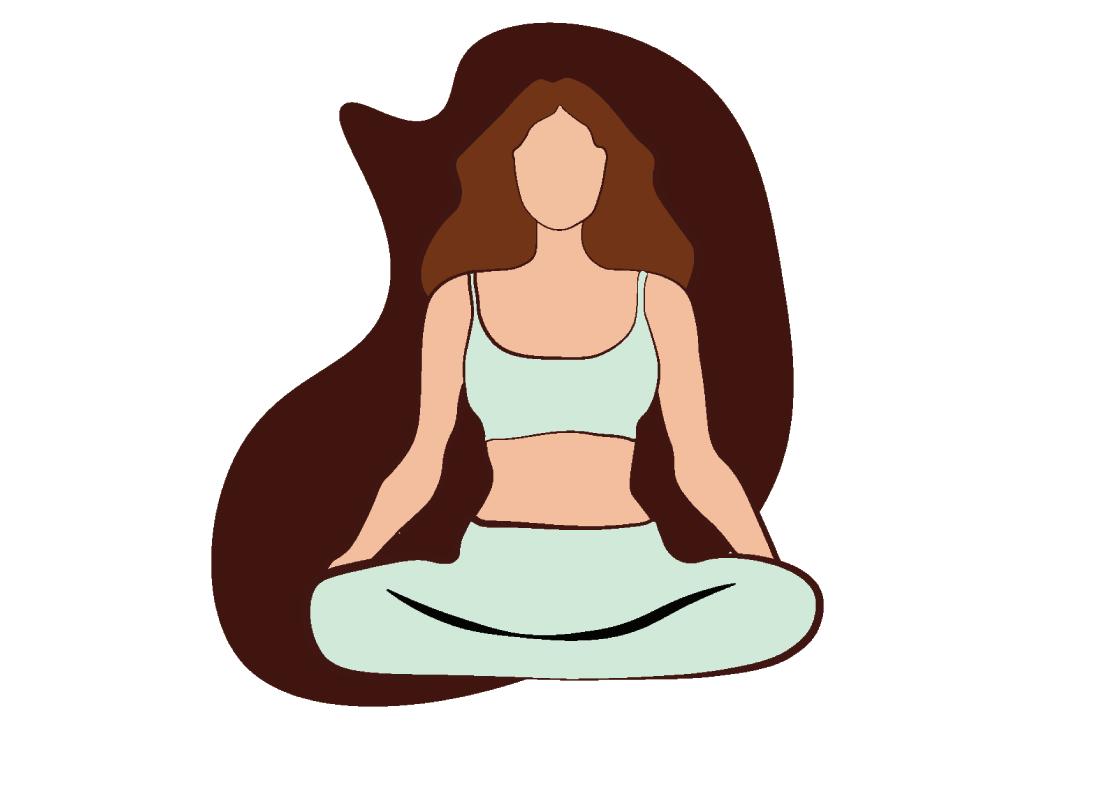
Best sources of protein include eggs, milk, yoghurt, sh and seafood, chicken and turkey, soya, nuts and seeds, beans and pulses, tofu and tempeh.
Triggers:
Watch out for hot ush triggers like alcohol and ca eine. Cutting back, especially before bed, can help ease those uncomfortable moments.
Non-alcoholic / low alcohol drinks can be a great alternative to this, as well as deca einated co ee and herbal teas.
Recipe ideas
• Butternut squash and coconut spiced soup
• Chickpea and spinach stew with couscous
• Chicken thighs with cherry tomatoes and new potatoes
• Salmon, asparagus and broccoli bake
• Baked or grilled jerk chicken with rice, kidney beans and salad
Vitamins
Menopause can cause de ciency of some vitamins in the body. Therefore, vitamins can be an important way to manage menopause. See page 12 for more information.
Foods that are a good source of B12: milk and milk products, sh and red meat, poultry and eggs.
Foods rich in omega-3 fatty acids: sh, seeds, nuts.
Good sources of vitamin B: peas, some fresh fruits like bananas and oranges, nuts, wholegrain breads.
Phytoestrogens
Phyto or plant oestrogens (oestrogens found in plants) can increase the oestrogenic e ect in the body.5
Increased your dietary oestrogens such as ax seeds, soybeans and edamame, dried fruits, sesame seeds, garlic, peaches, berries.6
• Fish stew
• Spinach and tomato stew with ofada rice and tilapia sh
• Cumin Chicken and chickpea stew
• Roasted cauli ower and potato curry soup
• Squash and red lentil soup
• Shrimp and Okra Gumbo

Water
Drinking water is key to aging healthily. As you get older, your body holds less water. Drinking 6-8 glasses of water a day keeps you hydrated and can improve menopause symptoms such as:
Night sweats and hot ushes where you lose moisture: when you sweat, you lose moisture, so drinking more water can help keep you feeling cooler and more comfortable.
Urinary incontinence or UTIs: lack of oestrogen thins the lining of your bladder, increasing the likelihood of UTIs and the need to wee more. Drinking plenty of water can improve this.
Healthy skin, hair and nails: hydration helps to strengthen your skin, hair and nails, keeping them looking and feeling their best.
Aim to drink 6-8 glasses of water a day.
Top Tip: Pelvic oor exercises can improve bladder control
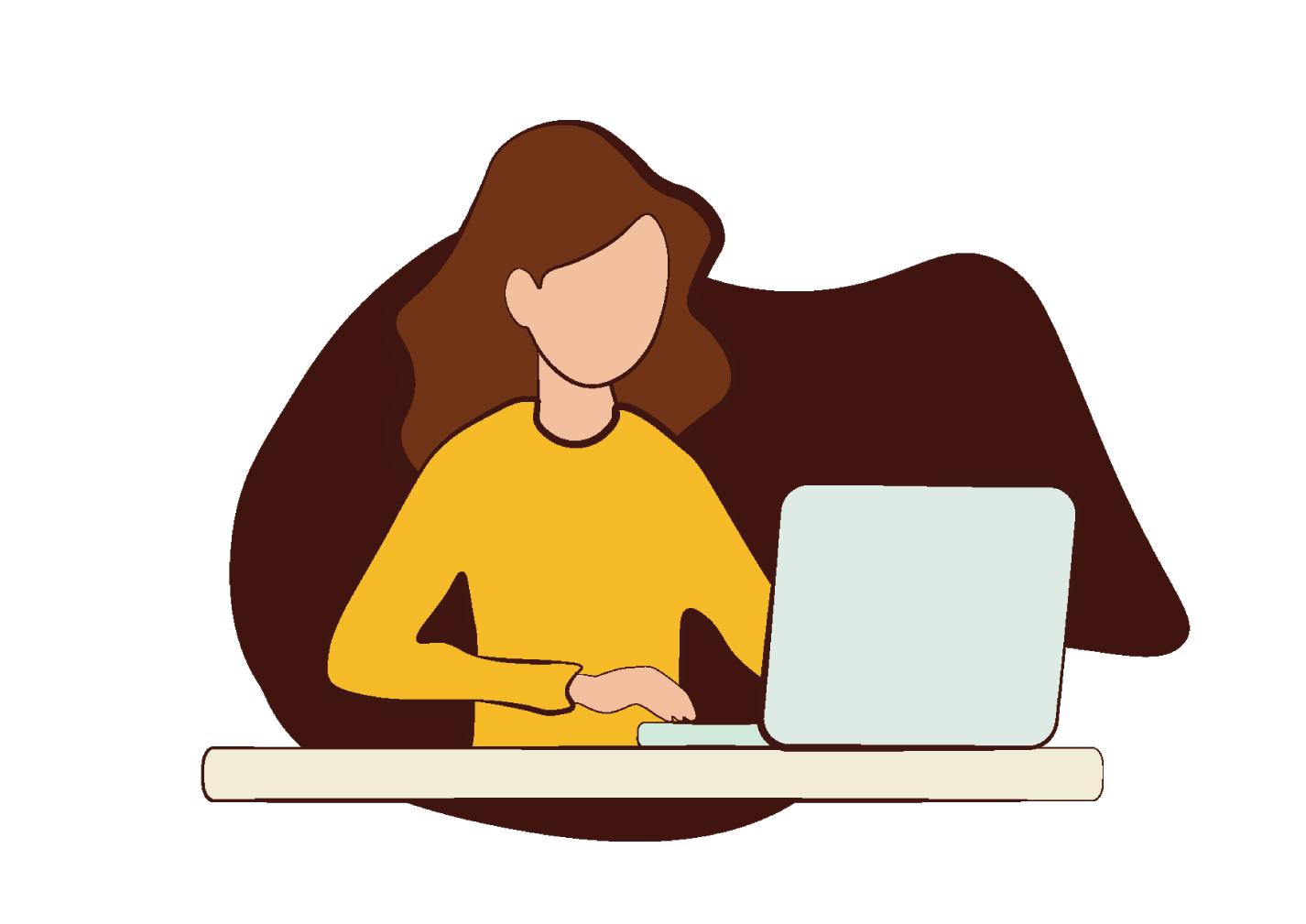
Has menopause a ected your ability to work? Do you feel that the workplace is harder to manage? Read this section for advice on how to manage this, and how employers can help you.
Menopausal women are the fastest growing demographic in the UK workforce.8 Many menopause symptoms can a ect your work including brain fog, memory problems, anxiety and low mood, sleep and concentration problems.
45%
of women feel their menopausal symptoms had a negative impact on their work
What you can do
→ Speak to your manager or colleagues about your experiences. Many people will be going through a similar experience and you may not realise.
→ Request reasonable adjustments at work to help you: exible working, requesting a di erent uniform, moving to a cooler part of an o ce or asking for a fan – don’t hesitate to ask for what you need!
Employers, you should...
→ Create a safe, inclusive and comfortable work environment for those experiencing menopause.
→ Demonstrate that you understand the barriers that prevent people going through the menopause from performing to their full potential
→ Make appropriate and reasonable adjustments to support people to thrive at work.
→ Allow more exible working patterns or hybrid working from home.
→ Consider access to counselling in the workplace
→ Consider sta networks, menopause cafés and information sessions
When an employee’s experience of menopause symptoms amount to a disability, under the Equality Act 2010, employers must make reasonable adjustments and not discriminate against the worker.
Some transgender people will under go gender-a rming therapy, where they will take hormone treatment. This can be intertwined with menopause symptoms.
Testosterone therapy decreases estrogen levels, which can cause some symptoms of menopause. These can include a loss of cycle, hot ushes, hair thinning and vaginal dryness
Transgender people who are prescribed estrogen, androgen blockers or progestone may experience symptoms of menopause.
More information on transgender health and the menopause can be found on our website.

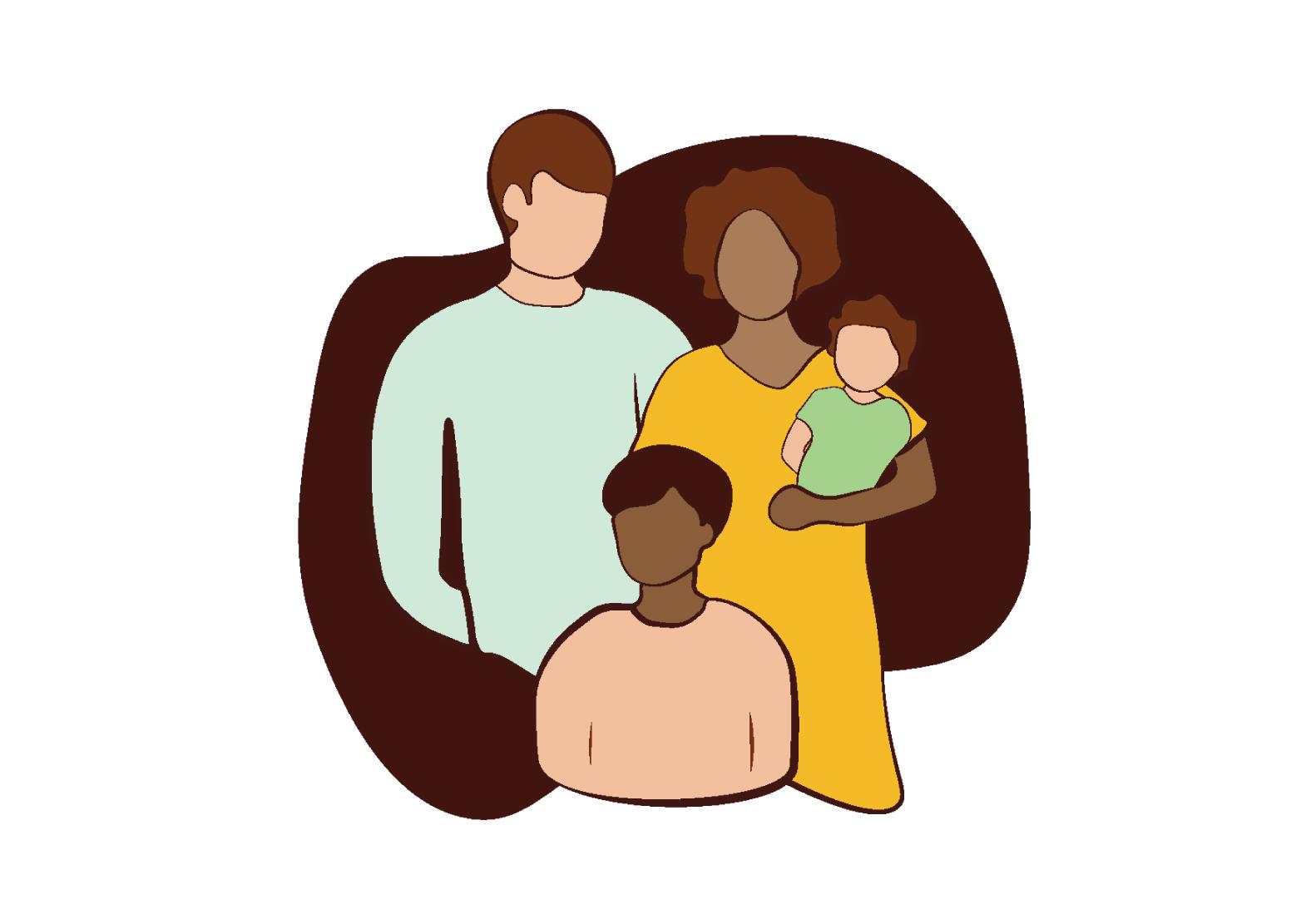
Read this section for tips on how to manage your relationships and how your family or partner can support you.
Menopause can have a huge impact on families and relationships. Amongst other symptoms, your self-esteem, memory and sex drive can cause you di culty in relationships and family dynamics.
Your menopause can be the start of a freeing and liberating time in your life. You should not feel ashamed of your body’s natural reaction to hormone changes.
How can menopause a ect your relationships
Menopause can cause (amongst other things) anger, anxiety, forgetfulness, low mood, depression, and brain fog.
Sleep problems can also cause irritability, inability to concentrate, and anxiety.
Physical changes can cause self-esteem issues.10
Lots of people go through the menopause when their children are teenagers. This means huge changes in hormones for both parents and children.

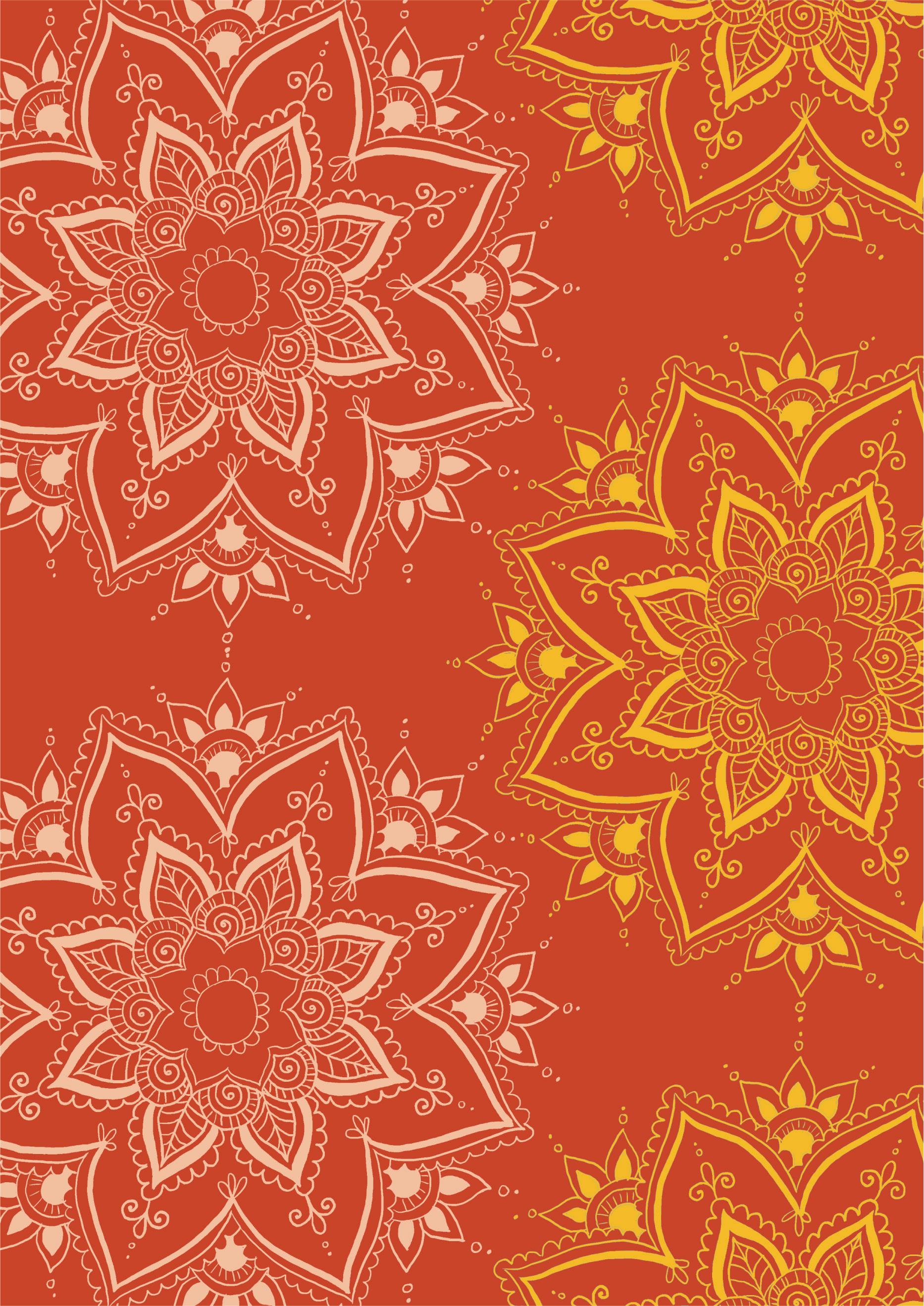
Menopause is tied to health inequality, with experiences of menopausal healthcare are di erent across diverse ethnic groups.
45% of Black, Asian and ethnic minority women reported that it took many appointments for their GP to realise they were experiencing the menopause, compared with 30% of white women.11 A 2023 UK study also found that doctors are signi cantly more likely to prescribe HRT for white women than for other ethnicities.12
BHA for Equality wants to raise awareness about all sexual health in diverse ethnic communities, which is why knowledge about HIV is also important to us.
HIV is now a manageable and treatable condition. Development in medicine means someone with HIV can now take one-three tablets a day and will live a long and healthy life. If medication is taken correctly, someone living with HIV can lower the virus in their body to undetectable levels and therefore cannot pass it on.
People living with HIV may experience symptoms earlier compared to HIV-negative people. Those living with HIV may nd that their HIV medication can interact with HRT taken for menopause symptoms.
Menopause can cause changes to the vagina. Vaginal dryness and changes in vaginal tissue caused by the menopause can lead to increased risk of acquiring HIV (National Library of Medicine, 2016).
It is important to know your body and stay connected to your sexual health. Regular STI and HIV testing, even alongside decreased levels of sexual activity, is important.
You can book a free and con dential HIV test at your local Sexual Health Clinic or at BHA here:


Do you feel that talking about the menopause with your doctor is di cult or uncomfortable?
Speaking about the menopause can feel di cult at times. Remember your experiences are important and talking about them is the rst step to making change.
If you think you may be perimenopausal or menopausal, speaking to your doctor about treatment options as early as possible can alleviate your symptoms. Your doctor may give you a blood test to measure your hormone levels, or give you a diagnosis based on your symptoms.
Before your appointment, jot down any symptoms you've been experiencing, how long they've been going on, and how they're impacting your daily life.
The symptom diary (provided on page 21) is a great way to prepare for an appointment with a doctor about the menopause. This can help you to visualise your symptoms and how regularly you are experiencing them.13
Questions
Don't be afraid to ask your doctor questions about menopause, its symptoms, and available treatments. You might want to ask about hormone replacement therapy (HRT), alternative therapies, or lifestyle changes that could help.
Everyone is di erent
Everyone’s experience of menopause will be di erent. It’s important to talk to your doctor about the di erent treatment options available for managing menopause symptoms.
You deserve to be listened to If you have any questions or concerns a er your appointment, don't hesitate to follow up with your doctor. If you feel you would bene t from a di erent doctor, you can request this. You can also speak with a menopause specialist. They're there to help you navigate this stage of life and support your health and well-being.
You can speak to your doctor about HRT, as it is a great treatment option for a lot of people. You can also ask about alternatives if you do not want to use hormonal treatment.
As well as speaking to your GP or Pharmacist, you can access sexual health and wellbeing resources from sexual health clinics. Here you can get a test, advice on your sexual wellbeing and free resources such as condoms and lube.
Find more information and health and wellbeing resources at:
→ thebha.org.uk
BHA for Equality is part of the PaSH partnership (Passionate about Sexual Health partnership) alongside George House Trust and LGBT Foundation. To nd out more about the work of the partnership visit:
→ gmpash.org.uk
You can nd a sexual health clinic near you:
→ nhs.uk/service-search/sexual-health/ nd-a-sexual-health-clinic
Search for Manchester based charities, events and news at:
→ manchestercommunitycentral.org
Add your symptoms, the date and time you experienced them and any notes about food or exercise which may have improved or worsened your symptoms.
Date Time Symptoms Notes
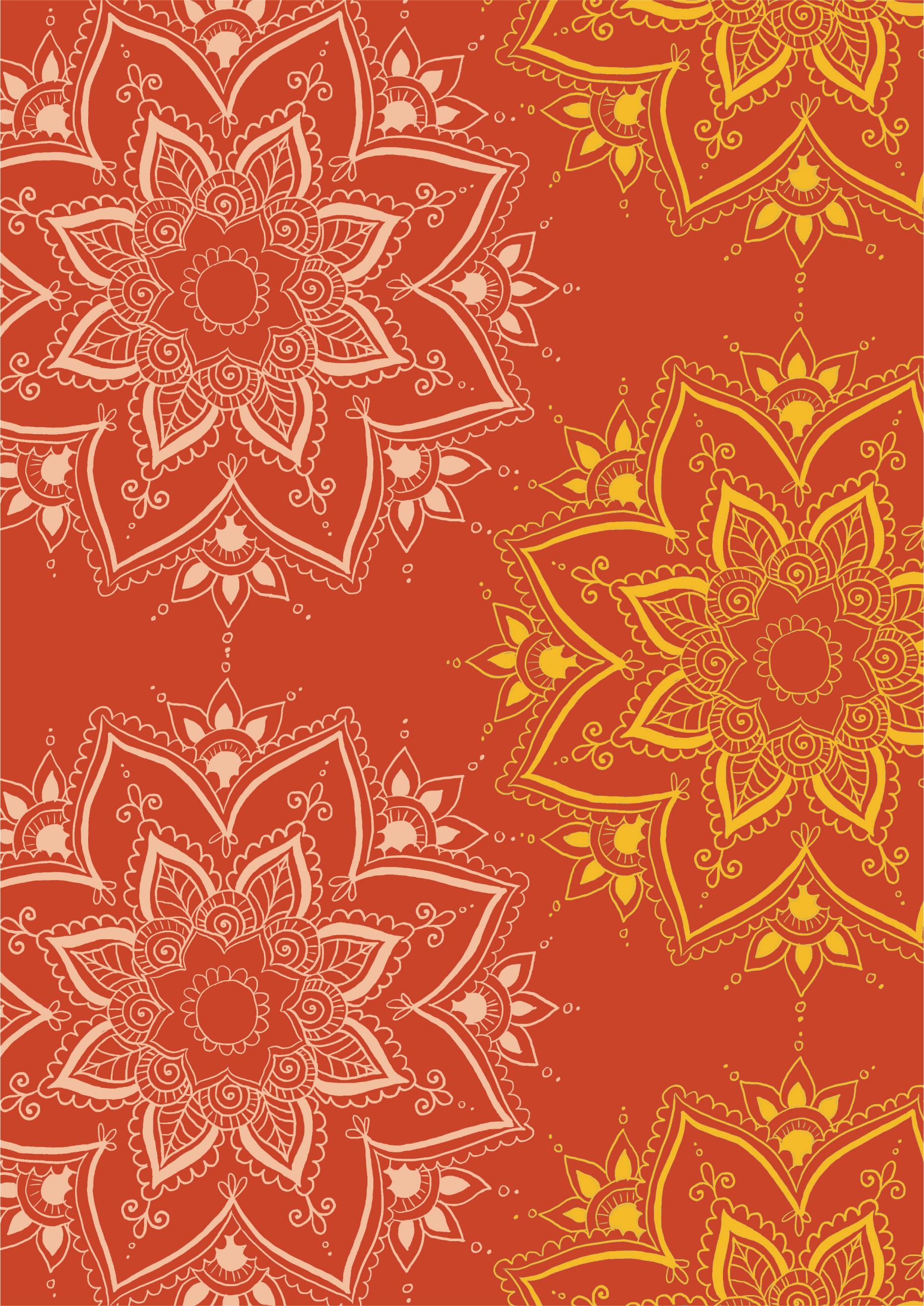




BHA o ers free & con dential sexual health information and advice for Black, Asian and ethnic minority communities. This booklet o ers general information on contraceptive methods. If you would like further information & advice, contact us at pash@thebha.org.uk
Further information
Find you nearest sexual health service
→ www.nhs.uk/service-search/sexual-health
Contraceptive choices
→ www.contraceptionchoices.org
Mental health support → www.mind.org.uk
Advice, support, and information for LGBTQI → www.lgbtfoundation
Menopause support → www.menopausesupport.org.uk
Illustrations by Shilvan da Costa
Content produced by BHA for Equality
Design by Jennifer Gaughan 27eleven.co.uk
Published October 2024
